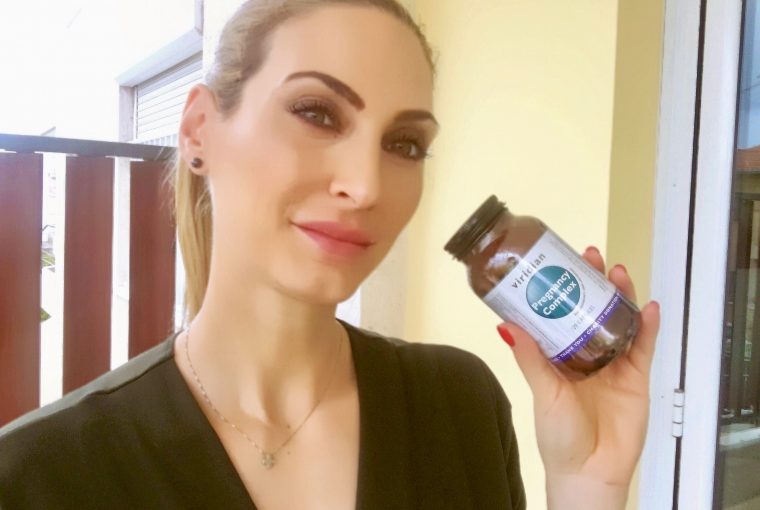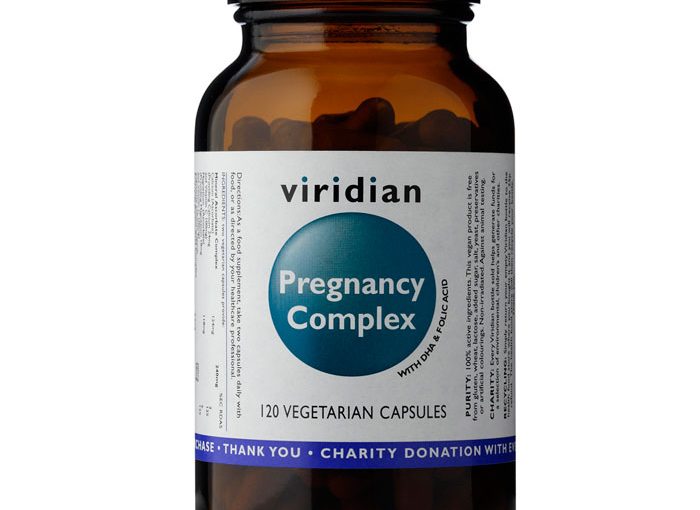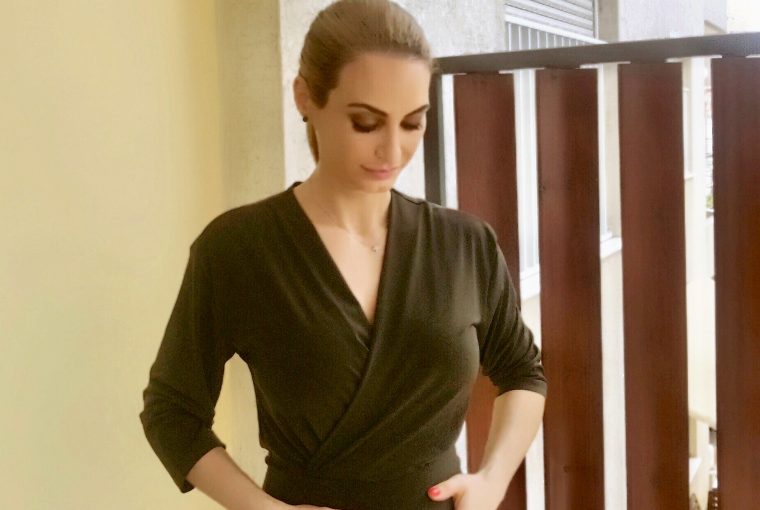Eating a healthy, varied and balanced diet in pregnancy will help to get all the vitamins and minerals we need. There are some vitamins and minerals that are especially important. Folic acid, iron, iodine, vitamin D and calcium are especially important.
Do not take vitamin A supplements, or any supplements containing vitamin A (retinol), as too much could harm the baby.
There has also been some concern about taking vitamin E supplements as this might be harmful to the fetus when taken in early pregnancy. Always check the label.
Most women can benefit from taking a prenatal vitamin and mineral supplement (preferably before trying to conceive). Think of it as an insurance policy to make sure we are getting the right amount of certain crucial nutrients during pregnancy.
Taking a prenatal vitamin is even more important for women with dietary restrictions, health issues, or pregnancy complications. This includes women who:
- Are vegetarians or vegans
- Are lactose intolerant or have other food intolerances
- Have certain blood disorders
- Have certain chronic diseases
- Pregnant with more than one baby
What Crucial Nutrients Are Needed?
Folic Acid
Getting enough Folic Acid (B vitamin) in the month before you conceive and very early in your pregnancy can reduce your baby’s risk of neural tube defects, such as spina bifida and anencephaly, by up to 70 percent. Folic acid may also reduce the risk of other defects, such as cleft lip, cleft palate, and certain heart defects. Taking folic acid may even lower your risk of preeclampsia.
If your pregnancy is unplanned, do not worry that you have not taken Folic Acid before falling pregnant. Start taking as soon as you find out.
Our body absorbs synthetic folic acid better than natural folic acid but we can also help top up folic acid through our diet. Green leafy vegetables, nuts, beans, lentils, avocado, citrus fruits and juices.
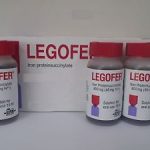
Iron
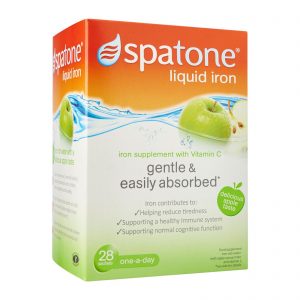
My iron levels are naturally low so I knew this was something I had to be extra careful with. When iron is low, we will feel more tired and may suffer from anaemia. Low iron levels in early pregnancy have been linked to premature birth and low birth weight. Iron helps blood, in both the mother and baby, carry oxygen. The average requirement for iron in pregnancy is 22mg/day but some women will need 27mg/day or more. Red meat is the best source of iron as well as also being a good source of protein and zinc. Lean meat, green leafy vegetables, dried fruit, and nuts contain iron. Many breakfast cereals have iron added. Although I am taking my pregnancy vitamins and supplementing my iron levels through my diet, it still is not enough iron for me. So in addition to this, I am taking Legofer and Spatone Apple Liquid Iron Supplement. By adding a glass of fruit juice or other vitamin C rich foods to a meal, we can increase the amount of iron our body absorbs. The opposite is true for tea, coffee, milk and calcium rich food, these can inhibit iron absorption so we need to make sure to include them in our diet at different times.
Vitamin C
We need more vitamin C during pregnancy due to the increase of the amount of blood we have and the growth of the unborn baby. Vitamin C is important for the formation of collagen which is especially important in blood vessels. Vitamin C also improves absorption of iron from your diet as mentioned above.
The average requirement for vitamin C during pregnancy is 40mg/day but because of individual variation, some women may need 60mg/day or more. Excellent dietary sources of vitamin C include fruit and vegetables.
Calcium
We need calcium to help our baby grow strong bones and teeth as well as healthy nerves and muscles including the heart. Some prenatal vitamins do not contain calcium at all and most will have some but it is not enough so we need to supplement through our diet.
Dairy products and fish with edible bones, such as sardines and pilchards, are rich in calcium. Breakfast cereals, dried fruit like figs and apricots, bread, almonds, tofu and green leafy vegetables are other good sources of calcium.
The World Health Organisation (WHO) recommends a dietary intake of calcium per day for pregnant women over 18 is 1200 mg. If we don’t eat enough calcium in your daily diet, you should take a calcium supplement of at least 1000mg per day.
Calcium in combination with Vitamin D are complementary in maintaining bone health. In Cyprus, we can buy milk which is fortified with Calcium and Vitamin D and this is what I now buy for home.
Vitamin D
Our body needs vitamin D to help build our baby’s bones and teeth. Vitamin D plays an important role in maintaining healthy levels of calcium and phosphorus which are needed to keep bones, teeth and muscles healthy.
Iodine
Iodine is critical to maintain a healthy thyroid function during pregnancy. A deficiency in iodine can cause stunted physical growth, severe mental disability, and deafness. Not enough iodine can lead to miscarriage and stillbirth.
Essential Fatty Acids
Prenatal vitamins don’t contain any essential fatty acids, such as the omega-3 fatty acids DHA and EPA, which are important for the development of your baby’s brain, nerve, and eye tissue. Fish is a major source of DHA and EPA, but we have to be careful about not eating too much fish that’s high in mercury when pregnant.
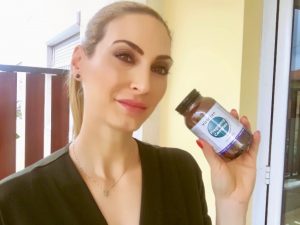
Christina Maria Kyriakidou Viridian Pregnancy Complex Vitamins
Top Tips
I know some of you have mentioned to me that you are suffering from morning sickness and are not sure when to take your prenatal vitamin. My suggestion here would be to take it at night before going to bed. This way, your body has the evening to absorb the nutrients and you do not need to worry about any sickness during the day.
My pregnancy vitamin of choice is Viridian Pregnancy Complex. It is Vitamin A and E free. They are dairy free and suitable for Kosher, Vegan and Vegetarians.
You can buy either from Viridian directly or through Amazon UK.
For more information or to buy directly Viridian directly, click here: http://www.viridian-nutrition.com/Shop/Pregnancy-Complex-P561.aspx#
Click here to buy from Amazon UK: https://www.amazon.co.uk/Pregnancy-Complex-120-Veg-Caps/dp/B003TOHHGY/ref=sr_1_1_a_it?ie=UTF8&qid=1525686769&sr=8-1&keywords=viridian+pregnancy+complex
If you have any specific pregnancy related questions, please send me a message.
Have a fabulous week!








